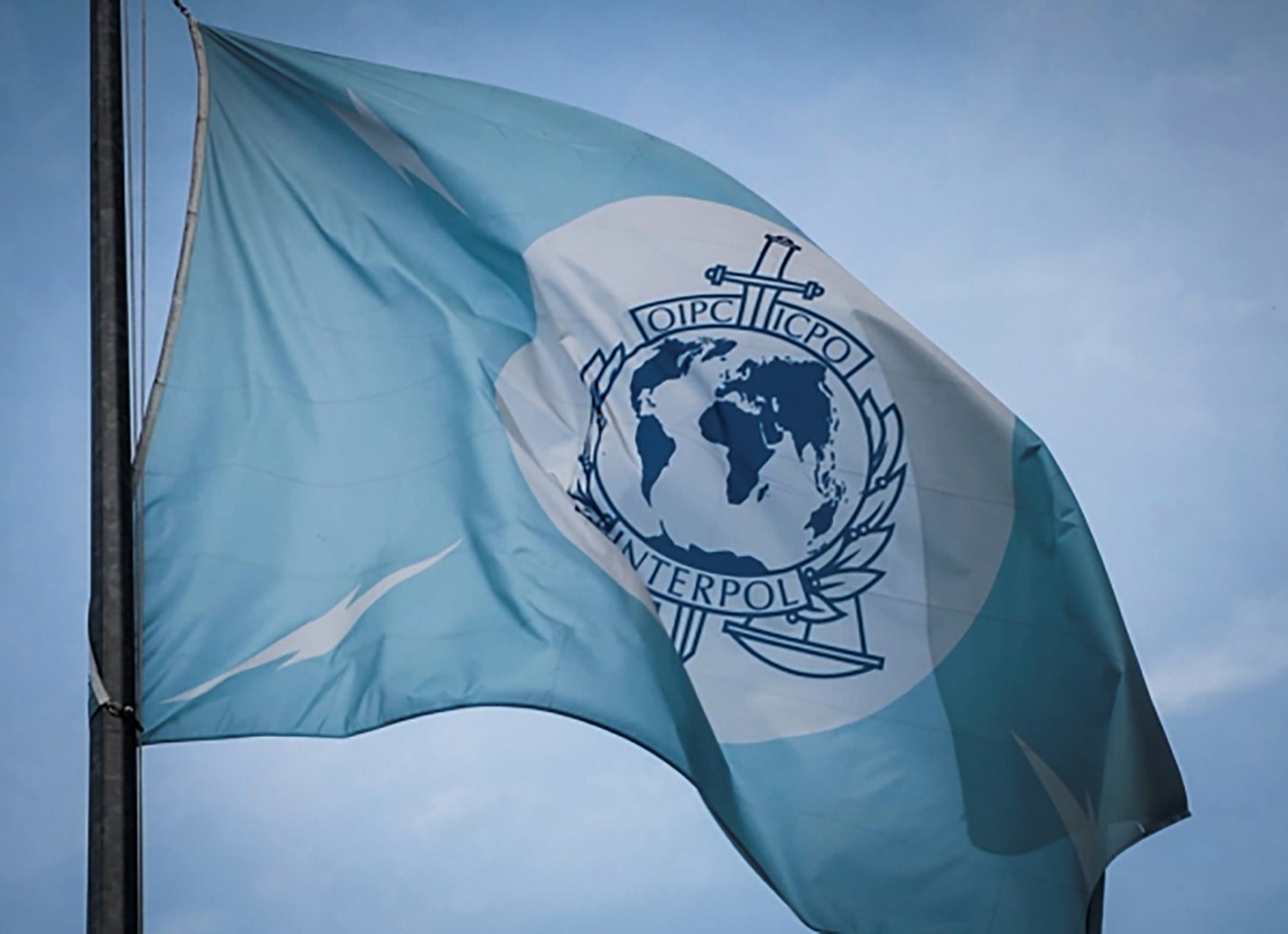Breadcrumb
Navigation Menu
Kansainvälisen poliisiyhteistyön pitkä historia en
Long history of international Police cooperation
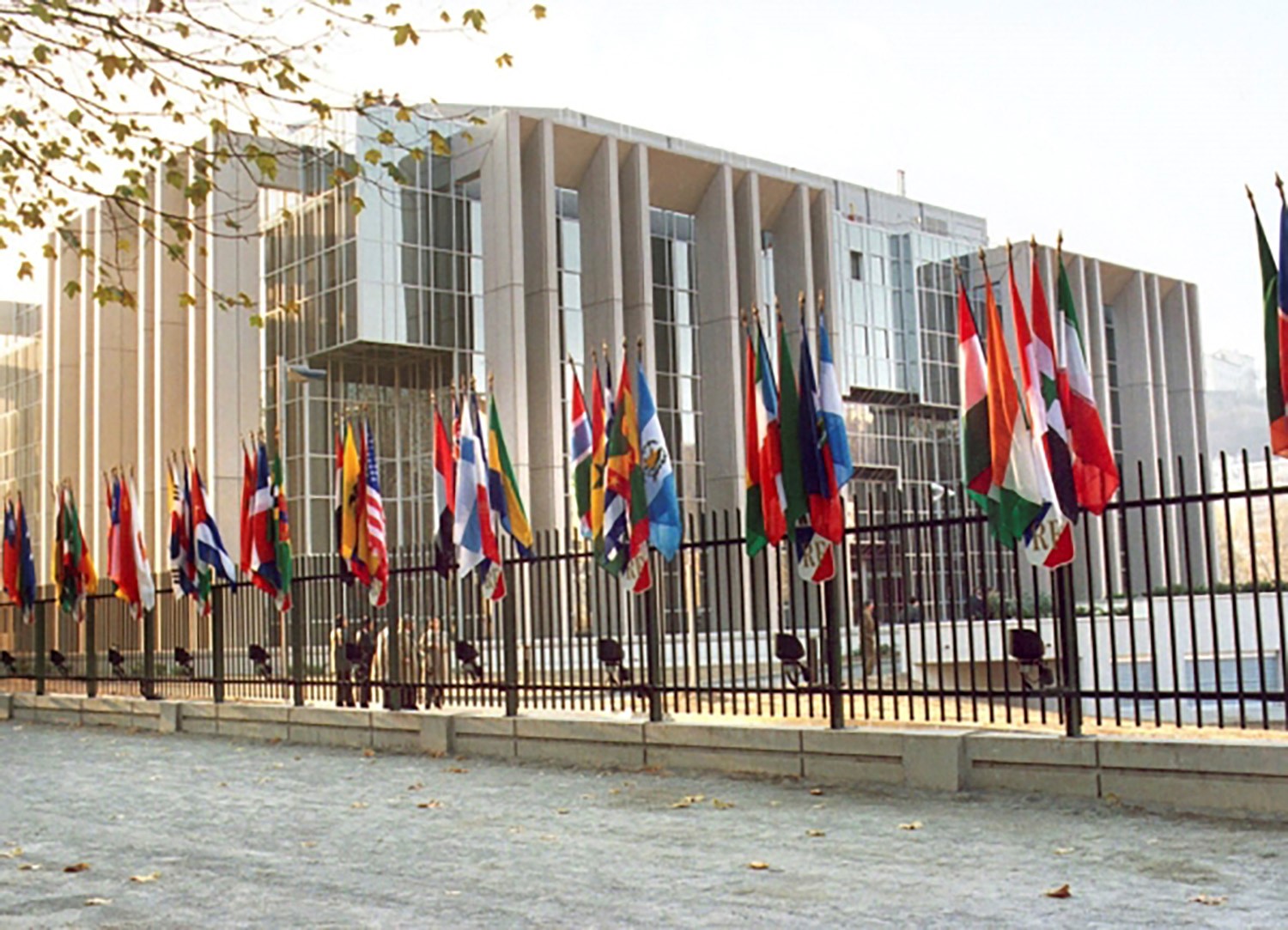
The concept of rule-based and multilateral international cooperation typically refers to cooperation based on conventions signed by several states or within an international organisation. An international organisation is founded for a specific purpose, the signatory member states exercise the decisive powers in such an organisation which also has its own bodies – secretariats – for the day-to-day work.
The UN can be seen to constitute the foundations for the rule-based system, and the European Union is likewise a result of multilateral cooperation, albeit not an international organisation. Rule-based cooperation is based on international law, it is regular, consistent and predictable in all aspects, and follows generally accepted principles. The opposite of being rule-based is the attempt to weaken or neglect commitments made, or a selective attitude to international obligations or even their disregard, associated with an tendency towards bilateral cooperation arrangements.
The cooperation within the International Criminal Police Organization, Interpol, is an example of rule-based multilateral operations. However, the history of the origins of the organisation differs from the above-described normal mechanism of establishing rule-based cooperation. Interpol did not come into being as a result of negotiations on a convention, nor were the national Parliaments ever presented with an Interpol convention to be adapted. In other words, there is no treaty or convention on Interpol. Interpol was created on the mutual contacts and cooperation between the Police authorities in certain countries since the daily crime prevention and investigation work as well as the extradition of criminals called for cross-border cooperation.
Interpol acquired its international organisation status through a step-by-step process. In 1947, the UN Economic and Social Council adopted Interpol’s status as a NGO, a non-governmental organisation, which does not enjoy as strong an organisational status as one with the designated role of an international organisation. In the 1970s, international organisations, including the UN, started to consider Interpol as an international organisation, and it started to make contractual arrangements with other organisations. The Immunity Agreement signed in 1982 with France, the country that hosts the Interpol HQ, put the seal on this development.
Cross-border chase of criminals
The general increase in livings standards, industrialisation, developed forms of traffic and increased prosperity in the early 20th century also impacted the work of the Police. Growing cross-border mobility of persons, goods and services generated the need for the Police to operate across borders. The first international conference on a more close and permanent cooperation was organised in 1914 in Monaco. The project to intensify the cooperation took a good start but fell through as WW1 broke out, and the work could continue only in 1923 as the International Criminal Police Commission was founded. Later in 1956, its name was changed into International Criminal Police Organization, commonly called Interpol. The same year, the Constitution of Interpol was adopted. It is still in force, although amply amended. The Constitution corresponds to the convention that lays the foundations for several ordinary international organisations. It can be amended based on a resolution by the General Assembly if two thirds of the members of the organisation second the motion. This means 130 votes in favour of the amendment.
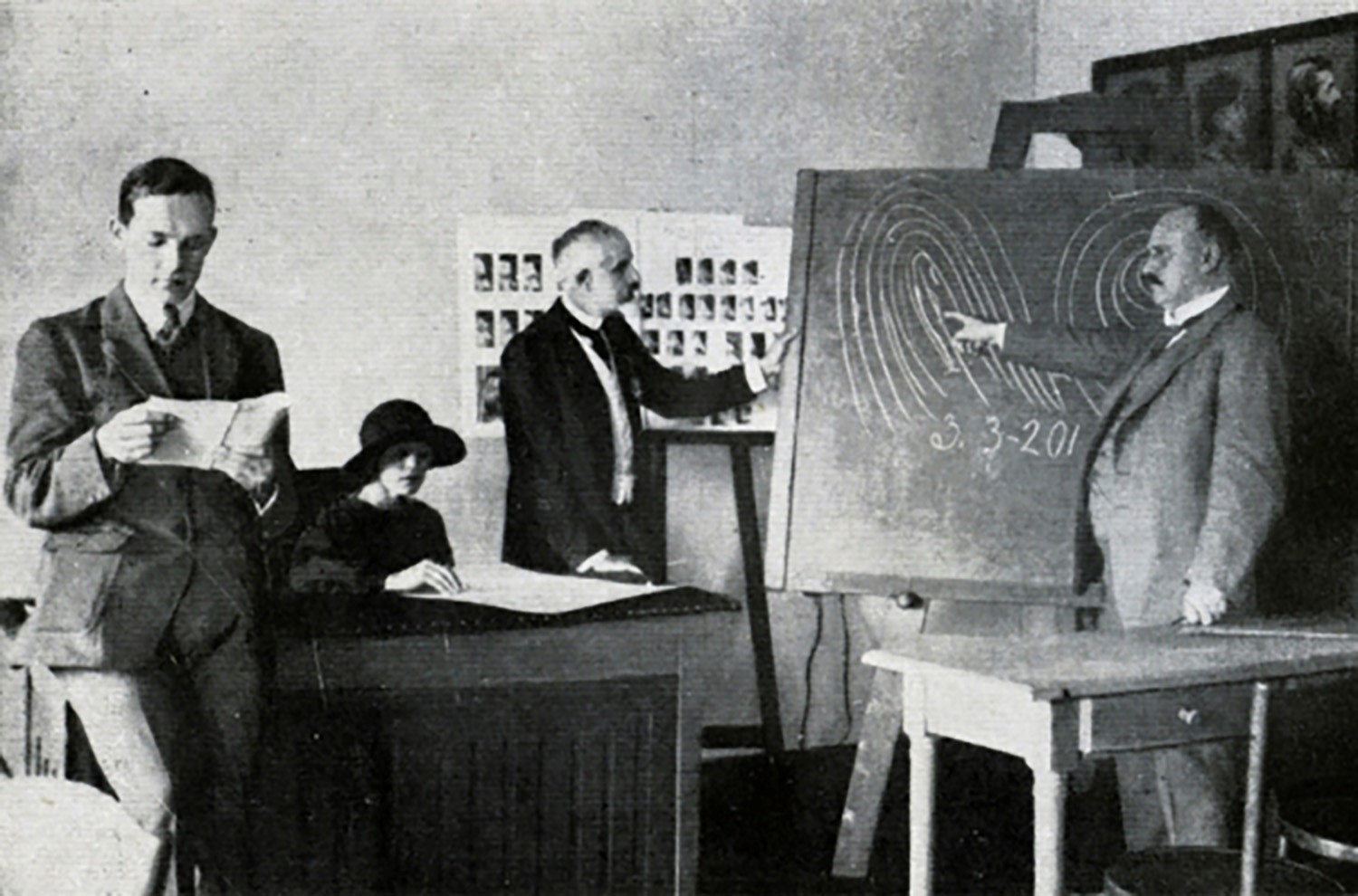
First members joined by declaration process, later based on application
In the early years of the organisation, the joining of Interpol took place by declarations which, however, were delivered by diplomatic mail to the Austrian Foreign Ministry. In the beginning, Interpol was factually one department of the Austrian Police authority. Nevertheless, it is noteworthy that the Interpol members were the Police authorities of the various countries, not the states, which is an exceptional arrangement for an international organisation. This principles is laid down in Article 4 of the Interpol Constitution. According to the respective text, the new members are accepted by the General Assembly with a 2/3 majority vote. In practice, this means that a resolution of adoption of a membership application can be taken by a General Assembly in a vote with a two thirds’ majority of the members who attend the meeting and exercise their voting right.
The supreme decisive body of the organisation, the General Assembly meets annually. The General Assembly is constituted by the representatives of the member states’ Police authorities. According to the Convention, the head of the delegation participating in the General Assembly is nominated by a Government representative of the country in question, in practise a Minister. Here, Interpol’s nature resembles that of a normal international organisation.
Why is the early history of Interpol then different from normal international organisations? There was a wish to keep Interpol an organisation between Police authorities so that it could operate independent of political decision-makers. This was a desired state of affairs, particularly as the operations of Interpol relate to the legal protection of individuals. However, we must here remember that TV series and films where persons in Interpol uniform chase and catch criminals, are not true. Interpol provides expert assistance, maintains databases on crime, relays information and trains law enforcement authorities of various countries, but does not participate in such operative action in lieu of the authorities in the country in question. The core operations include transmission and referencing of information. With the help of Interpol, for example, the Police in a country can verify whether the person they are dealing with is a terrorist with an arrest warrant, or whether a firearm found at the scene of the crime has already been use earlier elsewhere.
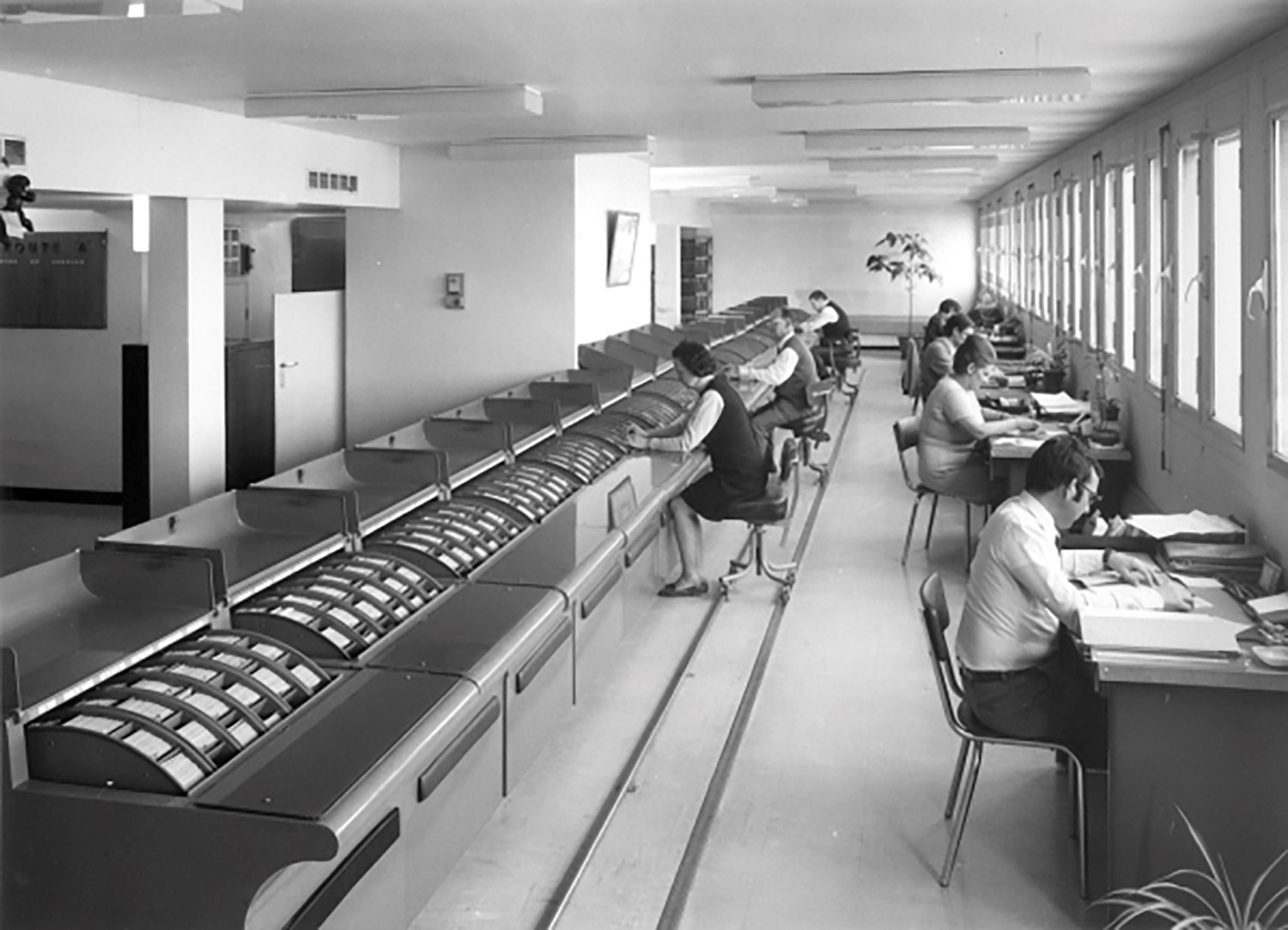
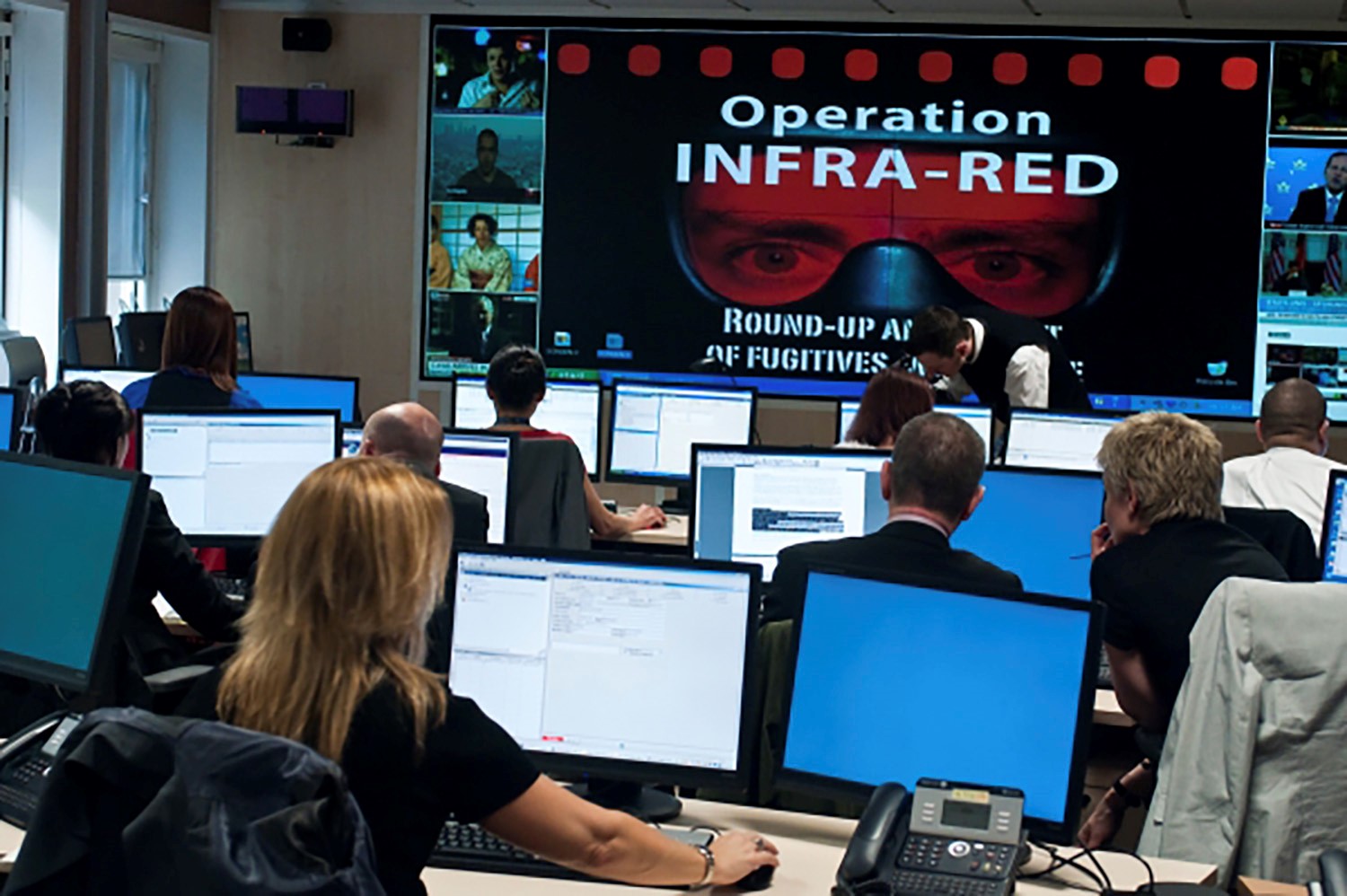
Finland’s path to Interpol
Finland joined Interpol in July 1928. Finland’s accession documents show that the known regular meetings of the International Criminal Police Commission and “the application of wireless electric information to practice in the international collaboration of the Criminal Police” were also seen as necessary tools for the Finnish Police. That same year, Finland represented by Director Heilimo of the Department of Police Affairs at the Ministry of the Interior, also participated in the meeting of the Police Commission, held in Bern in Switzerland. From the current perspective, the corresponding meeting is the Interpol General Assembly where the Finnish delegation is led by National Police Commissioner Kolehmainen.
Ninety-five years ago – and still today – Finnish participants travelled to the meetings in continental Europe; back then it was by ship and train, not by plane, and the contacts were based on the telegraph messaging instead of today’s mobile phones. Old documents show that the travel route planning was carefully done, and the most popular hotels were fully booked very early on. Not so uncommon today, either!
A good 75 years later, or in 1999, Finland was contributing to the launching of the European Police authority Europol. As was the case with Interpol, also Europol was created to strengthen the cross-border cooperation of the Police. A strong developmental impulse was provided by the elimination of regular border controls in Europe as the Schengen Agreement and Convention entered into force. Europol also enforces Police cooperation outside Europe, and together with Interpol they constitute an efficient tool in international crime prevention.
100 years and marching on
Interpol has been a success story, also measured in terms of membership numbers. Today’s Interpol members are Police authorities of 195 states. To make a comparison, the UN has 193 member states.
This year, Interpol will be 100, and the anniversary year culminates in November 2023 in the General Assembly held in its birthplace Vienna.
